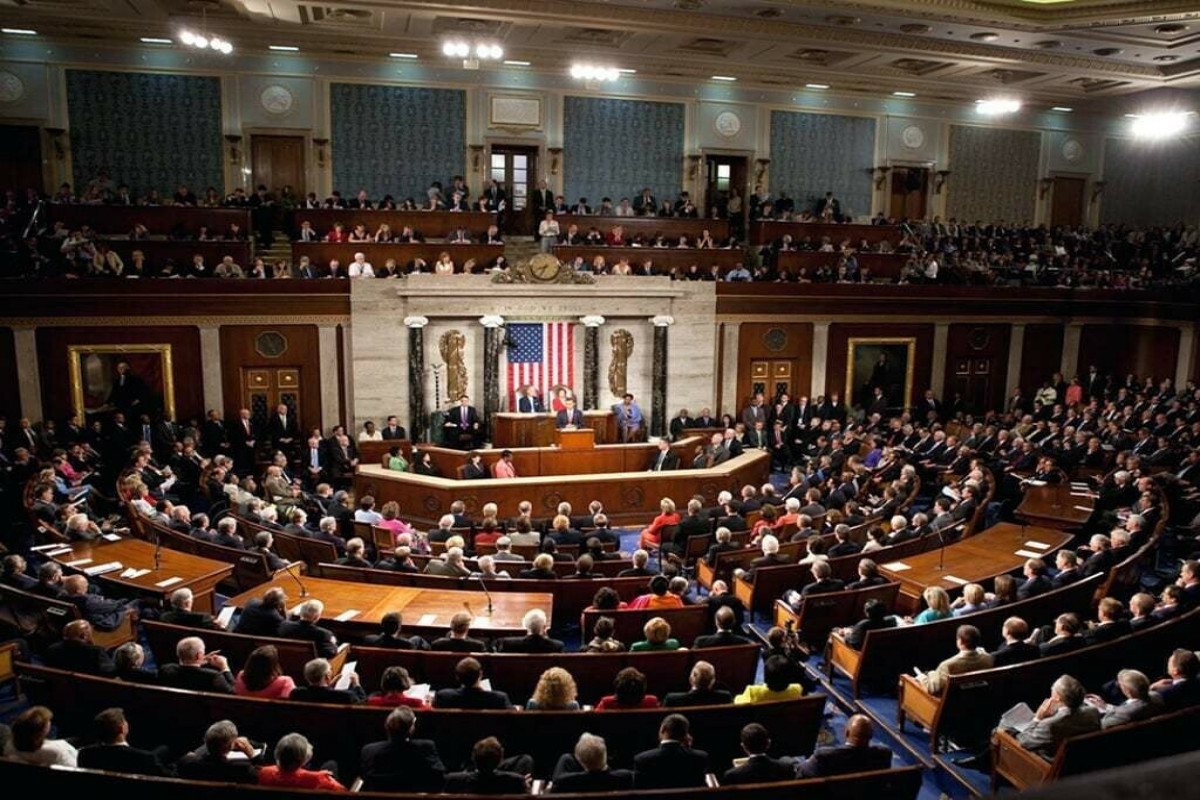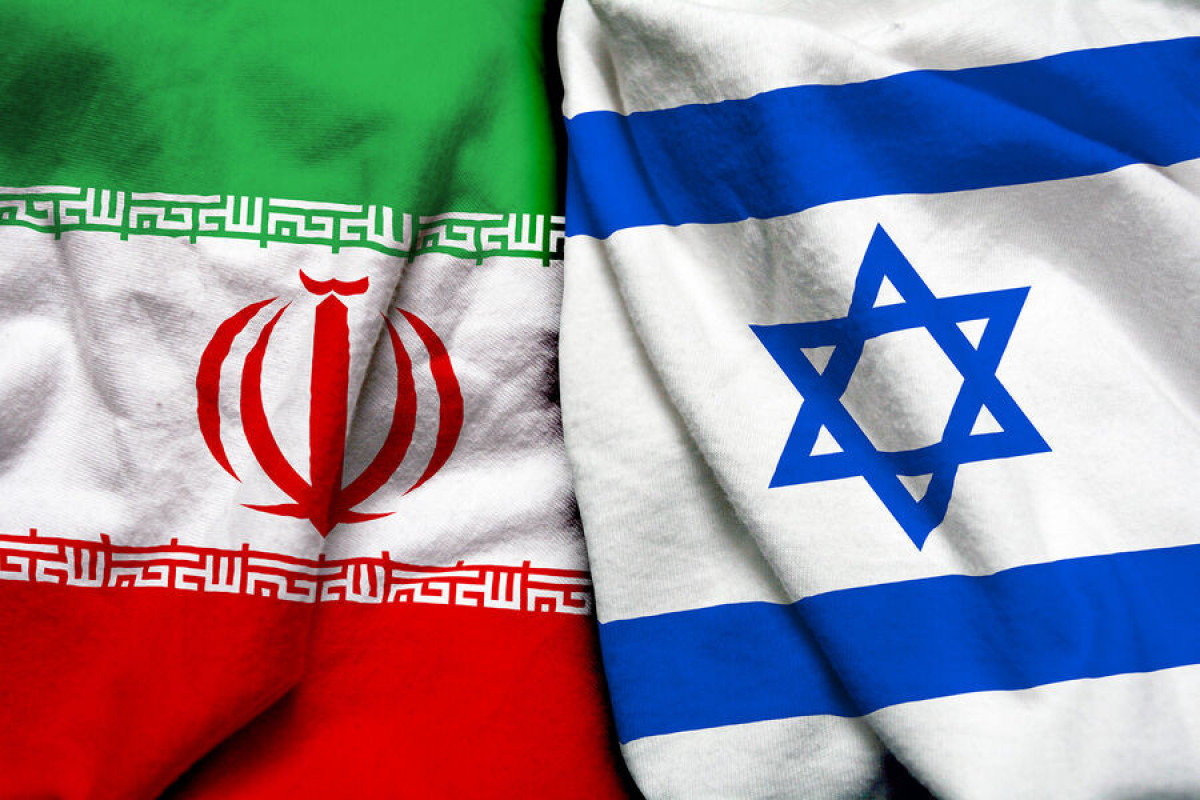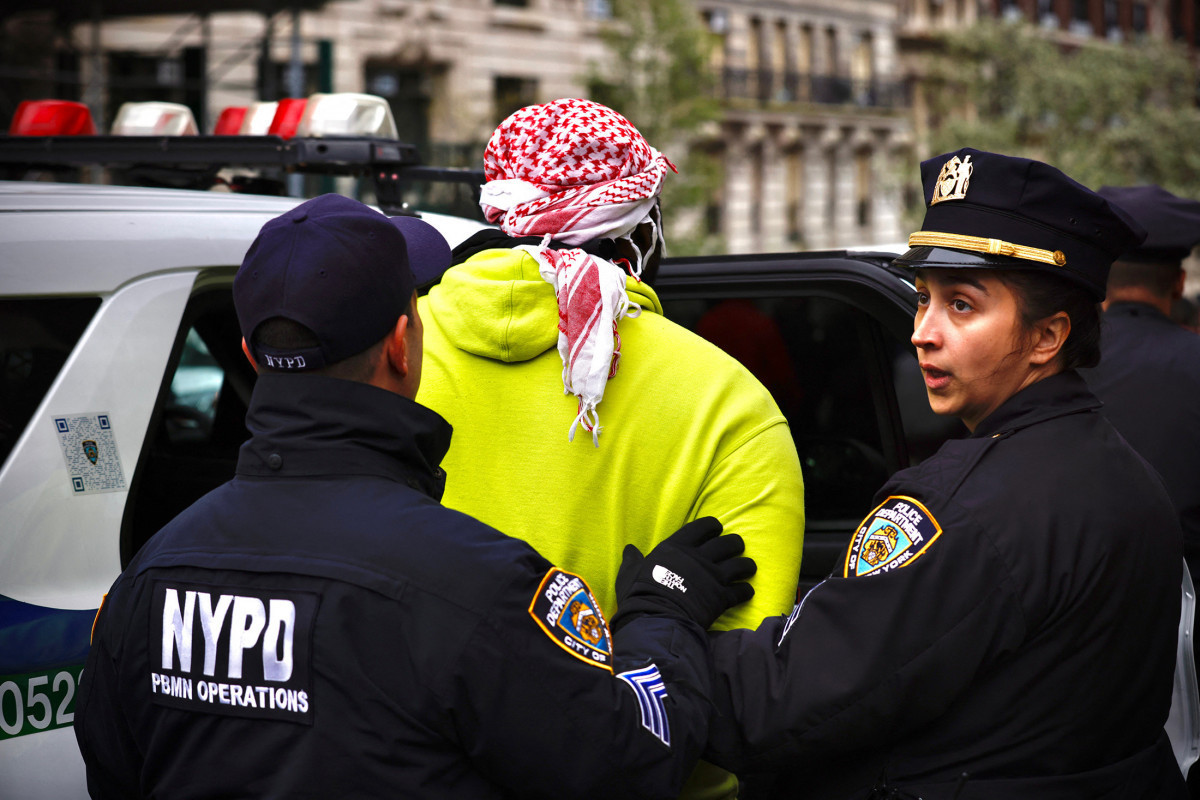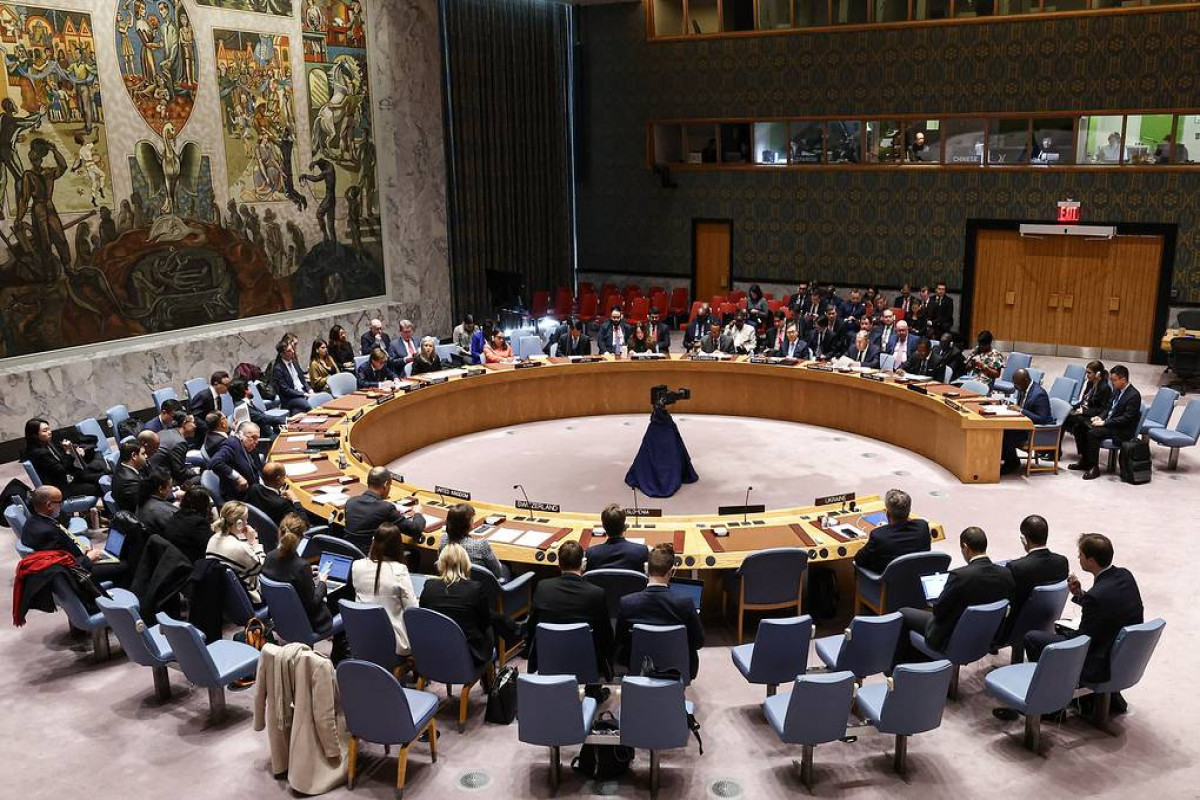U.S. President Donald Trump said on Monday Washington had struck trade agreements with Tokyo that could be implemented without congressional approval, but stopped short of assuring Japan that new tariffs would not be slapped on vital auto exports, APA reports citing Reuters.
In a letter to the U.S. Congress released by the White House, Trump said that he intends to enter into the agreements on tariff barriers and digital trade “in the coming weeks” and was notifying lawmakers that the tariff deal would be made under a trade law provision allowing the U.S. president to make reciprocal tariff reductions by proclamation.
“In addition, I also will be entering into an Executive Agreement with Japan regarding digital trade,” Trump said in the letter.
Neither agreement would require a vote in Congress under the so-called “fast track” approval process. The Trump administration last year notified Congress that it would pursue negotiations with Japan under this method.
On a critical issue to Japan, Trump’s announcement left unclear whether he has agreed not to impose threatened national security tariffs on Japanese vehicles and auto parts. Avoiding the “Section 232” tariffs of up to 25% was a major motivating factor for Tokyo in negotiating with Washington on trade.
“At the finishing stage, we plan to reconfirm that 232 won’t be imposed,” Foreign Minister Toshimitsu Motegi, Japan’s lead negotiator, told a regular news conference in Tokyo on Tuesday.
Finance Minister Taro Aso said the deal won’t contain any provision on currencies - another worry for Tokyo. Japan wants to avoid any agreement hindering its ability to intervene in the foreign-exchange markets in the event of a spike in the yen, or to expand the Bank of Japan’s massive monetary stimulus.
Trump said after the G7 summit last month that he was not considering auto tariffs “at this moment”.
Over much of the past year, the scope of talks has narrowed to exclude the automotive sector, the source of most of the $67 billion U.S. trade deficit with Japan.
Instead, Trump and Prime Minister Shinzo Abe in August announced an agreement in principle of a deal that covered reductions in tariffs on agricultural and industrial goods, but not autos.






